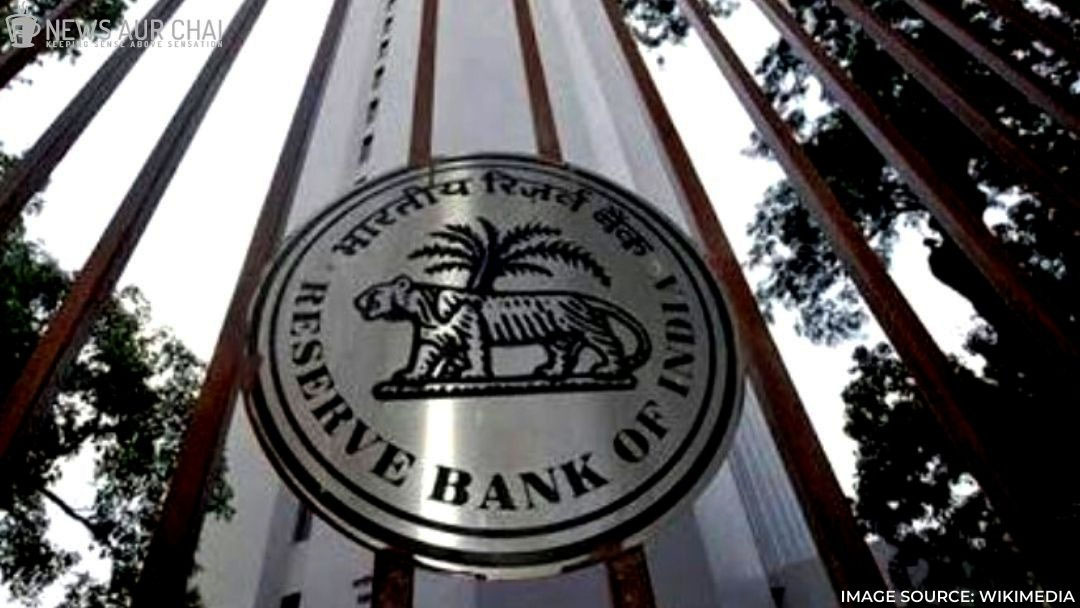
After extending the lockdown till May 3, a second announcement from Reserve Bank of India (RBI) was overdue. On April 17, 2020, the RBI announced measures to make available funds to NBFCs, push banks to lend and delay borrowers from being classified defaulters.
Post the RBI Announcement, the Finance Minister, Nirmala Sitharaman on April 17, 2020, said that the RBI had taken a slew of steps aimed at maintaining adequate liquidity in the system, incentivising bank credit flows, easing financial stress and enabling normal functioning of markets, following the difficulties being faced due to COVID-19.
Address by RBI Governor @DasShaktikanta announcing further measures to deal with the pandemic fallout @RBIsays #rbitoday #rbigovernor #rbikehtahai #IndiaFightsCorona
— ReserveBankOfIndia (@RBI) April 17, 2020
Let us analyse the key measures announced.
Cut in Reverse Repo rate and TLRTO 2.0 may lead to banks cutting their margins.
The RBI announced a cut of 25 basis points (100 basis points/bps = 1 per cent) in the reverse repo rate to 3.75 per cent from 4 per cent earlier. Though this will not have a direct impact on the interest rates, consumers have to pay on loans, but banks are likely to reduce their spread/ margin to lend more to the consumers.
Reverse repo rate is the rate at which the central bank borrows money from the commercial banks or rather the amount which banks earn on their deposits with the RBI.
Fixed deposit interest rates may fall further.
“Together with the measures announced on March 27, the RBI’s liquidity injection was about 3.2 per cent of GDP since February 2020 MPC meeting”, said RBI Governor Shaktikanta Das while announcing the latest reforms. The excess liquidity in the economy is expected to exert downward pressure on the interest rates on deposits and thus a reduction in the interest earned on fixed deposits.
What should investors do then?
All the investors should be aware of their risk appetite while looking for different investment avenues if there is a falling interest rate scenario. Example – risk-averse investors should look for the safety of their money before looking at returns, given the volatility of the markets.
Norms of Non-Performing Assets (NPA) to exclude the moratorium period:
The RBI governor said it recognises that COVID-19 has challenged the ability of borrowers to repay. So, the 90-day NPA norm shall exclude the moratorium period. “Banks to maintain higher provision at a standstill, which can be adjusted later for actual slippages,” Governor Das said.
Das said NBFCs could grant relaxed NPA classification to their borrowers. However, banks are required to maintain additional provisioning of 10 per cent on standstill accounts, adding that banks must provide more for accounts availing moratorium.
Period of resolution plan for NPAs to be extended by 90 days. Also, banks will maintain higher provision at a standstill, which can be adjusted later for actual defaults, if they occur later on.
Loans given by NBFCs to commercial real estate will also get the same relief. This is to ease NBFCs and the real estate sector.
No Dividend to Shareholders from Banks:
RBI had mentioned that banks would not declare dividend until further notice.
Requirement of LCR brought down:
Liquidity Coverage Ratio (LCR) requirement of scheduled commercial banks was brought down from 100 per cent to 80 per cent with immediate effect. This shall be restored to 90 per cent by October 2020 and 100 per cent by April 2021.
Special refinance facility:
RBI will provide special refinance facilities of Rs 50,000 crore to NHB, SIDBI & NABARD. Of the said Rs 50,000 crore, Rs 25,000 crore will go to NABARD, Rs 15,000 crore to SIDBI and 10,000 crore to NHB.
Increase in WMA limit:
The ways and means advances (WMA) limit of state governments was increased by 60 per cent, and it will be available till September 30, 2020.
These reforms are an extension of the various reforms and reliefs announced earlier by the Apex Bank to help the economy and market cope with the nationwide lockdown. Aimed at increasing liquidity in the market, the RBI announced that any additional reforms would also be made if the need arises.





